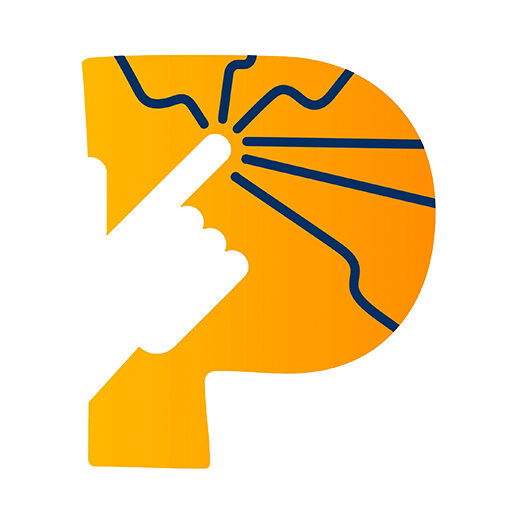Social media has become an integral part of our lives, offering both benefits and challenges. Here are some guidelines for responsible use:
- Mindful Engagement: Be aware of how social media affects your well-being. Understand that platforms are designed to keep you engaged, often leading to excessive scrolling and addictive behavior. Set time limits and prioritize other activities.
- Limit Likes and Validation: The “like” button can trigger dopamine responses, creating a feedback loop. Limit exposure to platforms that emphasize likes and focus on meaningful interactions instead.
- Privacy and Personal Information: Be cautious about sharing personal details online. Review privacy settings, avoid oversharing, and protect sensitive information.
- Critical Thinking: Evaluate content critically. Not everything you see is accurate or unbiased. Teach teens to question sources, fact-check, and think critically about what they encounter.
- Balance Online and Offline Life: Encourage a healthy balance. Prioritize sleep, physical activity, and face-to-face interactions over excessive screen time.
Impact on Young People:
Social media affects teens in various ways, depending on individual factors. Here’s a glimpse:
- Positive Effects:
- Social Support: Teens can connect with peers, especially if they lack offline social support.
- Expression and Creativity: Platforms allow self-expression and creativity.
- Learning and Coping: Teens learn from others’ experiences and find coping strategies.
- Negative Effects:
- Distraction: Social media can interfere with homework, exercise, and family time.
- Sleep Disruption: Excessive use affects sleep quality.
- Biased Information: Teens may encounter biased or incorrect information.
- Envy and Comparison: Viewing others’ highlight reels can lead to envy and dissatisfaction.
Steps for Parents:
- Monitor and Discuss: Engage in ongoing conversations about social media. Understand what your child sees online and discuss its impact. Set boundaries and monitor their usage.
- Model Responsible Use: Be a positive role model. Limit your own social media use, share content mindfully, and demonstrate healthy habits.
- Create Family Rules: Develop guidelines together. Set screen-free zones (e.g., meals, bedtime) and agree on appropriate usage.
- Stay Informed: Keep up with social media trends, features, and risks. Educate yourself to guide your child effectively.
Remember, every teen is unique, so adapt your approach based on their maturity level and individual needs.
Digital Literacy and Social Media:

- Understanding Platforms: Teach young people about different social media platforms, their features, and purposes. Discuss the risks and benefits associated with each platform.
- Privacy Awareness: Educate them about privacy settings, data sharing, and the implications of oversharing. Explain how personal information can be used by advertisers and other entities.
- Critical Thinking Skills:
- Source Evaluation: Teach teens to verify information before sharing or believing it. Discuss reliable sources and fact-checking techniques.
- Spotting Misinformation: Help them recognize fake news, clickbait, and conspiracy theories.
- Online Etiquette and Behavior:
- Kindness and Respect: Discuss the importance of treating others with kindness and respect online. Address cyberbullying and its impact.
- Digital Footprint: Explain that online actions leave a digital footprint. Encourage positive interactions.
- Media Literacy:
- Visual Content: Teach them to analyze images and videos critically. Discuss photo manipulation and deepfakes.
- Understanding Algorithms: Explain how algorithms curate content and influence what users see.
Practical Steps for Parents and Educators:
- Start Early: Introduce digital literacy concepts from an early age. Discuss online safety, etiquette, and privacy.
- Engage in Conversations: Regularly talk about online experiences. Ask about their favorite platforms, friends, and any challenges they face.
- Model Good Behavior: Be a positive role model. Demonstrate responsible social media use and critical thinking.
- Use Educational Resources:
- Websites: Explore websites like Common Sense Media, which provide age-appropriate resources.
- Games and Apps: Use educational games and apps that teach digital literacy skills.
- Collaborate with Schools: Encourage schools to incorporate digital literacy into the curriculum. Discuss online safety, cyberbullying, and media literacy.
Remember, digital literacy is an ongoing process. As technology evolves, so should our understanding and education. By empowering young people with these skills, we can foster responsible and informed social media use.




